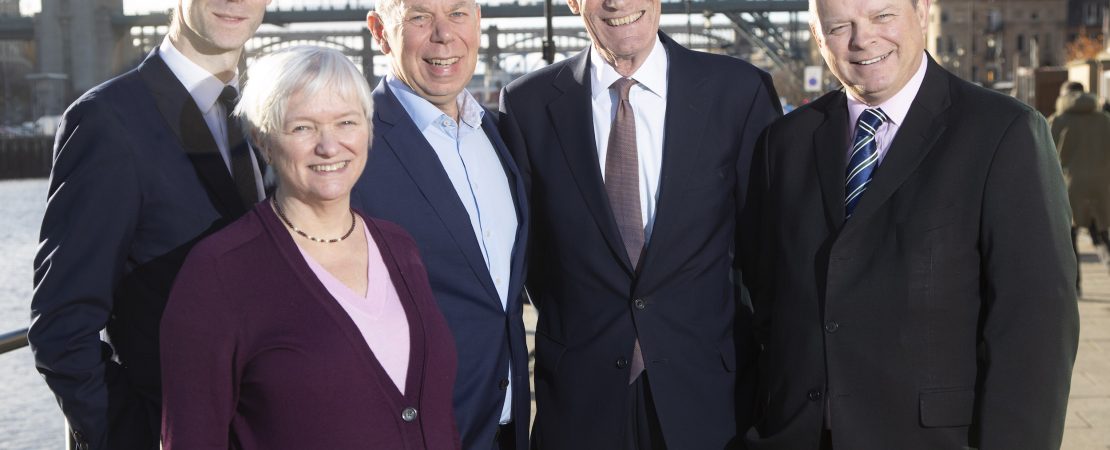
Photography celebrates region at airport
Passengers visiting Newcastle International Airport this year will be greeted with a refreshed suite of imagery celebrating why the North East is a great place to work, learn, live, visit and invest.
The advertising banners feature in prominent areas throughout Newcastle International Airport, including:
- Domestic arrivals
- International arrivals
- All departures
Working with local partners, we’ve produced an impactful and inspiring advertising campaign that showcases images of the North East LEP area (Newcastle upon Tyne, Gateshead, Sunderland, South Tyneside, North Tyneside, Northumberland, County Durham) and highlights some of our region’s strengths – from stargazing and science to energy and events.



The advertisements are designed to encourage more businesses to locate or invest in the North East, creating more and better jobs and boosting our economy. They also aim to inspire more people to live and work in the region, and contribute to the growth of our sector strengths, which include energy, health and life sciences, advanced manufacturing, and digital.
Helen Golightly OBE, Chief Executive of the North East Local Enterprise Partnership, said: “We know the North East is great place to do live, work and do business. The imagery used at the airport is about showcasing our strengths to the world, and inviting people to contribute to our region’s success.
“From the innovations being developed in our digital sector, to the pioneering research and development happening in our health and life sciences sector, we highlight why there are great opportunities for businesses in our region.
“And we all know a healthy work life balance is important, which is why the imagery celebrates some of the amazing things people can see and do across the North East as well – from riding the Coast to Coast, to running the Great North Run.
Guy Currey, Director of Invest North East England, said: “In the 2021/22 financial year, our region created over 8,000 new jobs from inward investment projects, and we were the leading UK region for job creation when compared with our working-age population.
“We want to build on that success and tell our region’s story, which is why visitors to the North East will be greeted with the refreshed advertisments at Newcastle International Airport which not only demonstrate why North East England is great place to do business, but also show why North East England is a great place to call home.
“The airport advertising compliments the ongoing work that Invest North East England, the North East LEP and local authorities are doing, and encourages more businesses to become part of our region’s success story and contribute to our bright future.”
Graeme Mason, Chief Sustainability and Communications Officer at Newcastle International Airport, said: “Millions of people travel through our Airport every year, and for many we are their first introduction to the North East.
“The imagery is an amazing showcase of the talent, skills and expertise in our region, as well as the many unrivalled events and experiences people can enjoy here.
“Whether people are visiting us on business, or enjoying a holiday, this campaign is a bold reminder of why the North East is thriving destination with a huge amount to offer anyone that chooses to work, learn, live, visit or invest here.”






